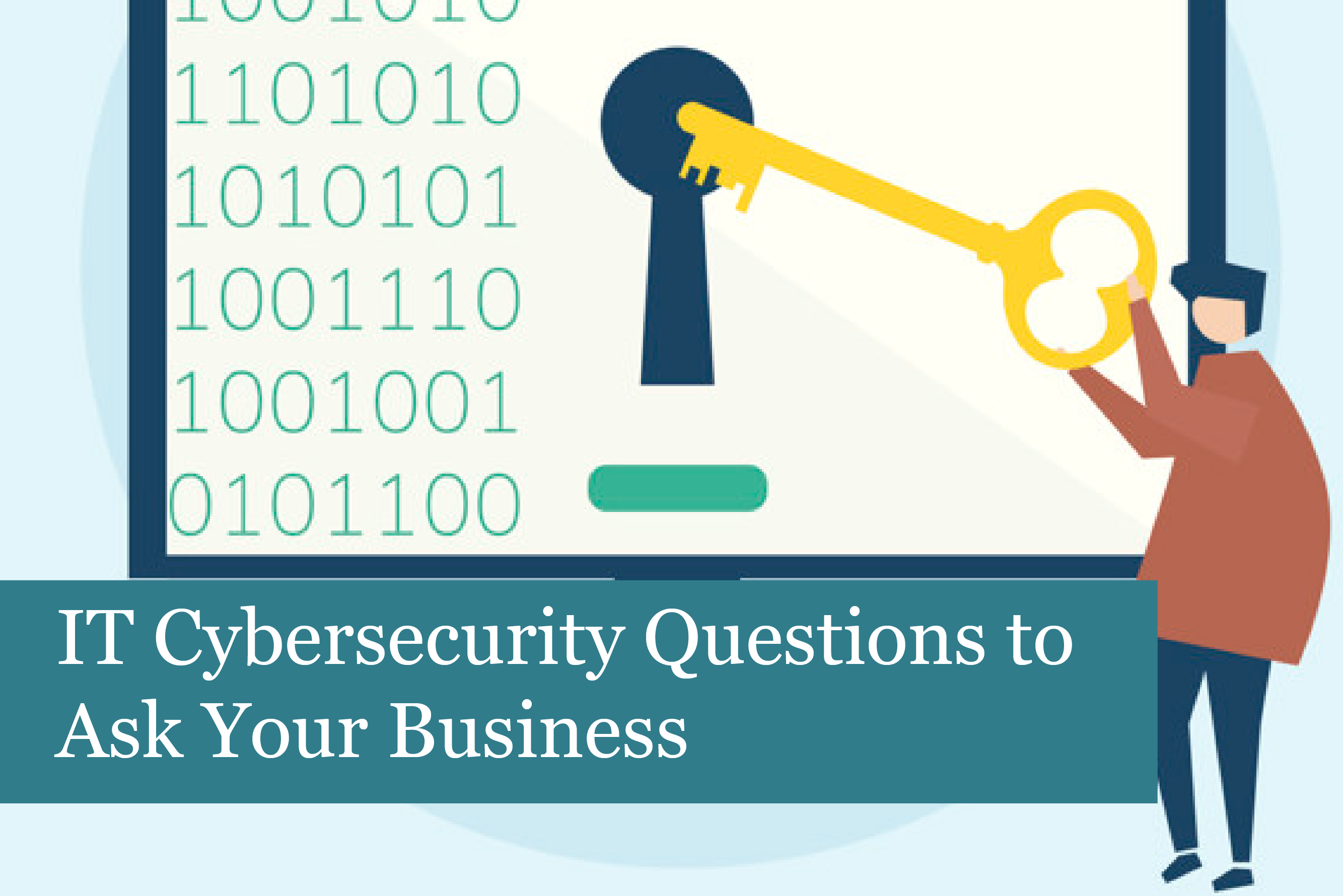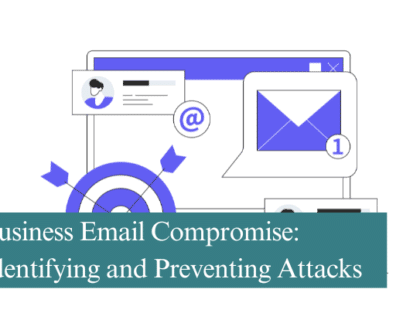
Cyber threats are a daily occurrence these days. And it’s long past time when the criminals only went after the large organizations. If your company is using the Internet, then it’s time to conduct an assessment of the company’s overall cybersecurity preparedness.
Is your company ready when a cyber threat hits? Do you know? If not, then we’ve put together questions to ask your IT department about the company’s IT preparedness. These essential questions will show if your IT security is really where it needs to be.
1). Do we use mitigation and preventative cybersecurity measures?
This question aims to see if the IT department understands and implements both mitigation and preventative cybersecurity measures.
Mitigation: these are policies and processes put in place to keep cyber threats from happening, such as data breaches, and more. These policies work to limit the amount of damage when a security breach does occur. Mitigation can be broken down into three main points:
- Threat prevention
- Threat identification
- Threat remedy
Preventative solutions: these are managed network solutions sometimes provided by a third-party IT management company. They monitor the network continuously and are a cost-effective solution. Preventatives measures are more proactive than mitigation solutions. They work to keep cyber threats from happening.
If there’s not a good answer to the question, then there’s a problem. Your business could be at increased risk of a cyberattack.
2). Do we know about all the communications on our network right now?
Think about all of the devices in the company that access the Internet, especially if you have BYOD policies. And if you have a smart office setup, then there may be thermostats, cameras (for surveillance), and other loT devices that regularly connect to the web through your company’s network.
It’s a major problem if your IT team isn’t able to answer the question. This means it’s possible intruders could have already had access to business data, and more. To solve this problem, it will be necessary to increase network visibility and monitoring of network traffic.
When you take these steps, the security of your business is immediately higher. That’s because the company will have the ability to identify a cyber threat early and take steps to keep damage to a minimum.
3). What type of threats are we regularly facing? What is the nature of the threats? Are we preventing and catching them? Can we identify if something gets through our firewall?
Because most small and large businesses have a firewall in place, cybercriminals use other more effective ways to gain entry. They use phishing, account hijacking, and credential stuffing, amongst others to gain access to your network.
Cyber crooks are becoming more sophisticated every day in the methods they employ, along with social engineering. Social engineering works to get you and your employees to click on links that can lead to a site infected with malware, which then installs malware onto the device. This can lead to a company-wide infection that takes out your network.
When your IT department works to continuously monitor communications, understand cybercriminal’s methods, and more, they’re better able to protect the company network and keep hackers out.
4). How does our company protect sensitive information that’s accessed by third-party vendors?
Almost every company has to allow third-party vendors to access some data. And not many companies, unfortunately, have asked about how the information they share with third parties is handled, transmitted, stored, or accessed. Many businesses also fail to ask what steps their vendors take to keep company information safe and secure.
For this reason, it’s a good idea to develop agreements with third party vendors, and others, on their responsibilities with handling your data. The agreement can also create assigned roles for those who will manage the data. Another idea to include in the agreement is the ability to audit the handling of your company’s data.
5). If there was an intrusion on our network, how would it be handled? Who would be responsible to make decisions on what to do next?
Many businesses do not have plans to identify a network security breach or determine what happens next. In many cases, the IT department will try to quickly fix the issue, which only wipes out important information that could help find the cyber crooks responsible. In addition, vulnerabilities may be left open, only to fall prey to another hacker later.
For this reason, it’s imperative to have a plan in place on what would need to happen when an intrusion is recognized. And a person should be designated as the decision-maker, as well.
7). If our network was attacked and caused an outage, how much downtime should we expect? And how long would it take before the network was up again?
Have you thought about how a major outage could affect your company’s business? If the company network is down for a few days, the results would be lost customers, a loss in revenue, and more. A cyber breach is usually expensive.
Not only do you have to deal with the loss of business and revenue, but the company would likely deal with the loss of reputation and credibility, as well.
8). Do we carry out regular audits and IT health checks on the network?
This is a very important question. If the IT department does not regularly run audits, then how will they understand the risks the company’s facing?
An audit would take a look at what parts of the network are vulnerable, find and review the greatest risk(s), and ask how the company’s managing devices and hardware. The audit would also point out who has access to what and ask if they really need to have access to that data.
9). Do we regularly carry out penetration testing of our network?
This is just as important as having an internal audit. The reason is to ensure the network is secure and find those places where it’s weak. Penetration testing usually includes:
- Infrastructure testing
- Red team testing
- Social engineering attacks
The test is done by a professional penetration testing company. Once the pen test has been completed, they then present you with a report. The report will list their findings, offer guidance on fixes, and even advice on processes that could also help keep the network more secure.
Online security is something that needs to be taken seriously when it comes to keeping the company’s network and data secure. If you’d like expert help with your company’s security, then reach out to us. We’ll be happy to help you find ways to keep your data and business more secure.
Recommended Posts

Is There a Difference Between Managed IT and IT Support?
13th June 2025


